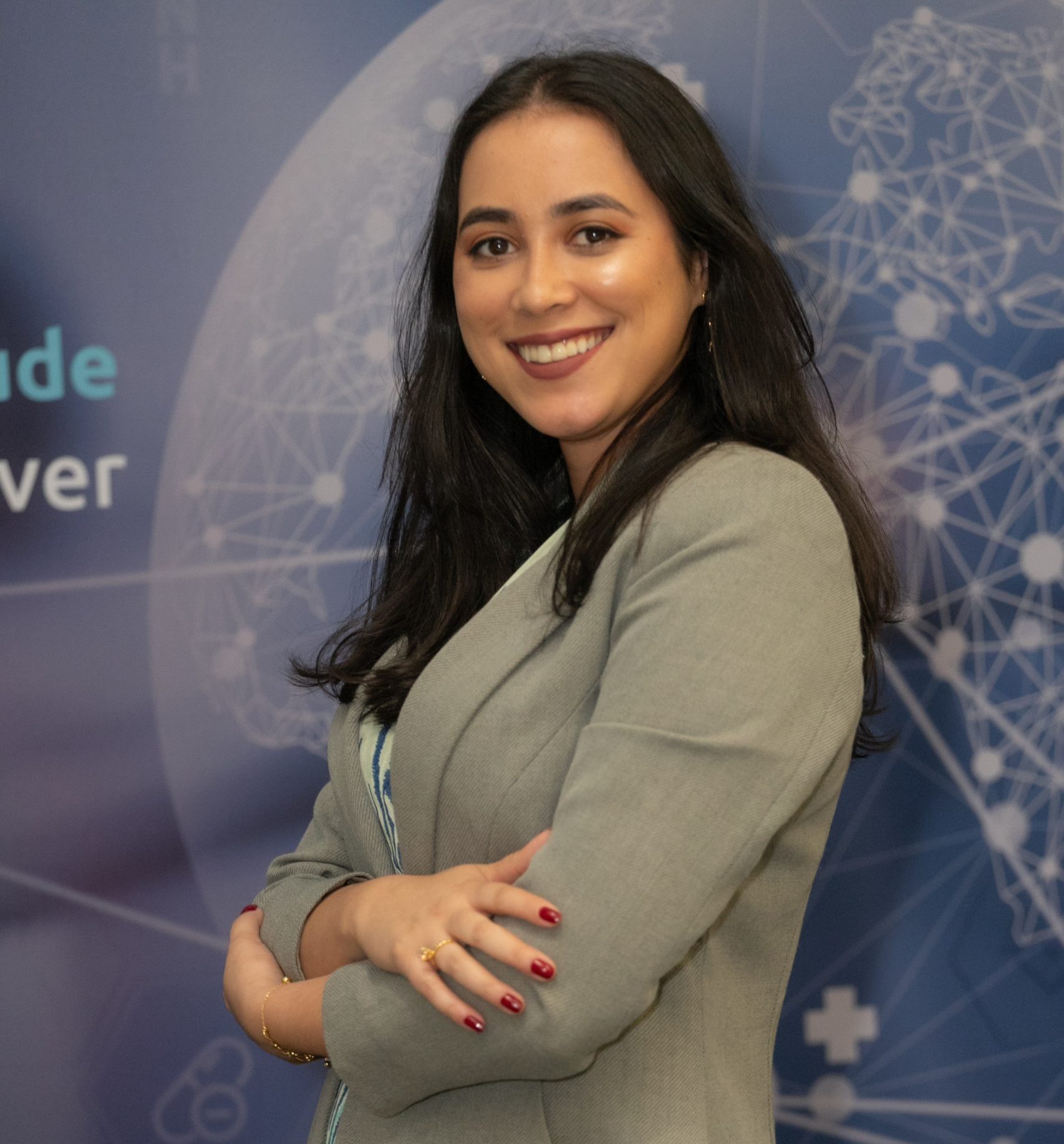For Saúde Digital Brasil, data from the TIC COVID-19 survey, conducted with internet users in Brazil, demonstrate the ability of telemedicine to expand and guarantee access to health for traditionally underserved populations. The entity reinforces the need for full regulation so that technology can continue to fulfill its role
While the full and definitive regulation of telemedicine in Brazil is still being processed in the Federal Senate and the National Congress, its use, guaranteed by Law No. 13,989/2020, published as a matter of urgency in April 2020, has only shown benefits. The impacts are positive in the private system, in supplementary healthcare and in the most privileged classes, but mainly in the public sector, where it has allowed expanding care for people who previously did not have access to healthcare.
“We have observed in practice that telemedicine is a great new door in healthcare, especially in the public system and in less favored regions and classes, which are where the bomb always explodes. And it is interesting to see this at a time when the future of telehealth in Brazil is still being discussed and when we run the risk of having its use limited,” explains Caio Soares, president of Saúde Digital Brasil, a non-profit organization created to bring together entities that operate in the telemedicine service provision chain and that develop activities related to digital health.
According to data from the COVID-19 TIC Panel, research online conducted with internet users in Brazil, telemedicine medical consultations were carried out in greater quantity in the public network (69%), through the Unified Health System (SUS), and 53% in the private network. Regarding social class, the majority of users from classes AB (74%) used this service in the private network, while a good part of those from classes C (80%) and DE (85%) accessed this service through SUS. The research is promoted by the Brazilian Internet Steering Committee (CGI.br) and the Regional Center for Studies for the Development of the Information Society (Cetic.br) of the Information and Coordination Center of Ponto BR (NIC.br).
The ICT Panel also reinforced that the internet and digital media have been increasingly used when it comes to health. Of the users interviewed, 77% sought information related to health or health services online. Data collection for this fourth edition of the survey was carried out between July 15 and 30, 2021; in total, 5,552 interviews were obtained.
Reinforcing the importance of regulation
Currently, the National Congress is considering several initiatives that deal with the full regulation of Telehealth. Of these, two stand out: in the Chamber, Bill 1998/2020, authored by Congresswoman Adriana Ventura (NOVO/SP) and, in the Senate, Bill 4223/2021, by Senator Esperidião Amin (PP/SC). Although both deal with the same topic, the bill currently being processed in the Chamber requires adjustments for its evolution – while the one in the Senate was born with a wording that is well aligned with what Saúde Digital Brasil understands as positive for the sector. However, there are still no concrete definitions of dates, approvals, among other procedures.
Saúde Digital Brasil advocates the need for comprehensive legislation to ensure its safe continuity after the end of the pandemic. “Any move contrary to what we have experienced, in addition to being a setback, will leave healthcare even more vulnerable. And, worse than not introducing a technology to the population, is to remove it and prevent them from enjoying its benefits. Even more so when the results were positive, beneficial and brought satisfaction to the entire system, to healthcare professionals and, mainly, to patients”, reinforces the president of Saúde Digital Brasil.
According to him, another problem caused by the lack of clear and comprehensive legislation is the possibility of each person having independent and homemade solutions, greatly increasing legal, systemic and information insecurity. This also goes against a concern demonstrated in the TIC survey. For 58% of the interviewees, this is one of the reasons why they do not use telehealth services.
“Regulation is important precisely for this: to ensure good practices in remote care and to avoid informality and ensure that consultations are carried out using inappropriate technologies. Without it, we could enter a scenario of legal uncertainty and, to be quite blunt, we could harm access to healthcare for at least 100 million people,” concludes Soares.
About Digital Health Brazil
The Brazilian Association of Telemedicine and Digital Health Companies, known as Saúde Digital Brasil (SDB), is a non-profit organization created to bring together entities that operate in the telemedicine service provision chain and that develop activities related to digital health.
Founded in 2020, the entity's main goal is to defend the cause of healthcare through telemedicine and telehealth in Brazil and to create regulations that guarantee its continuity. In addition, the SBD works to contribute to the improvement of the healthcare model, increase scientific and technological development, innovation and qualified and sustainable development of the healthcare sector.





